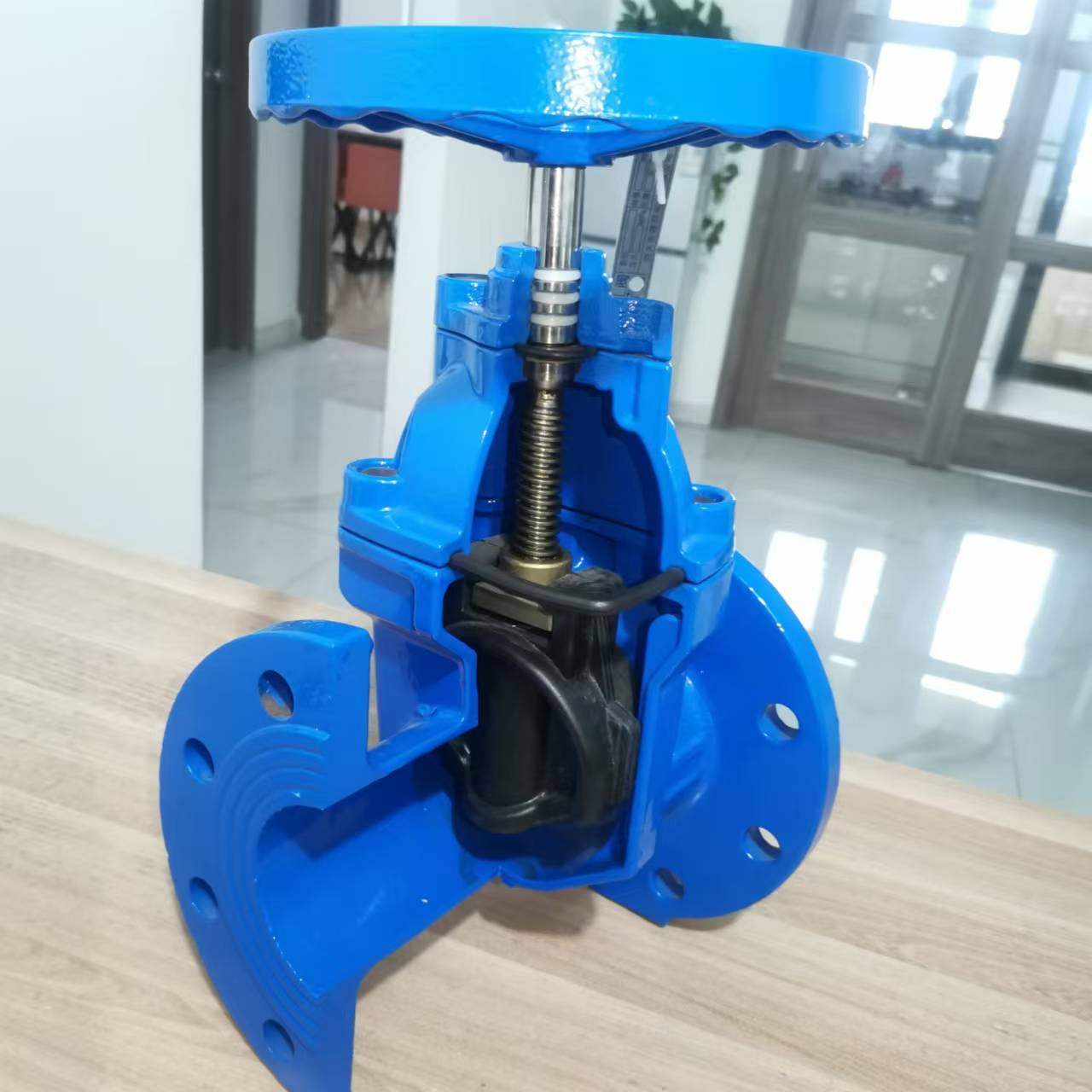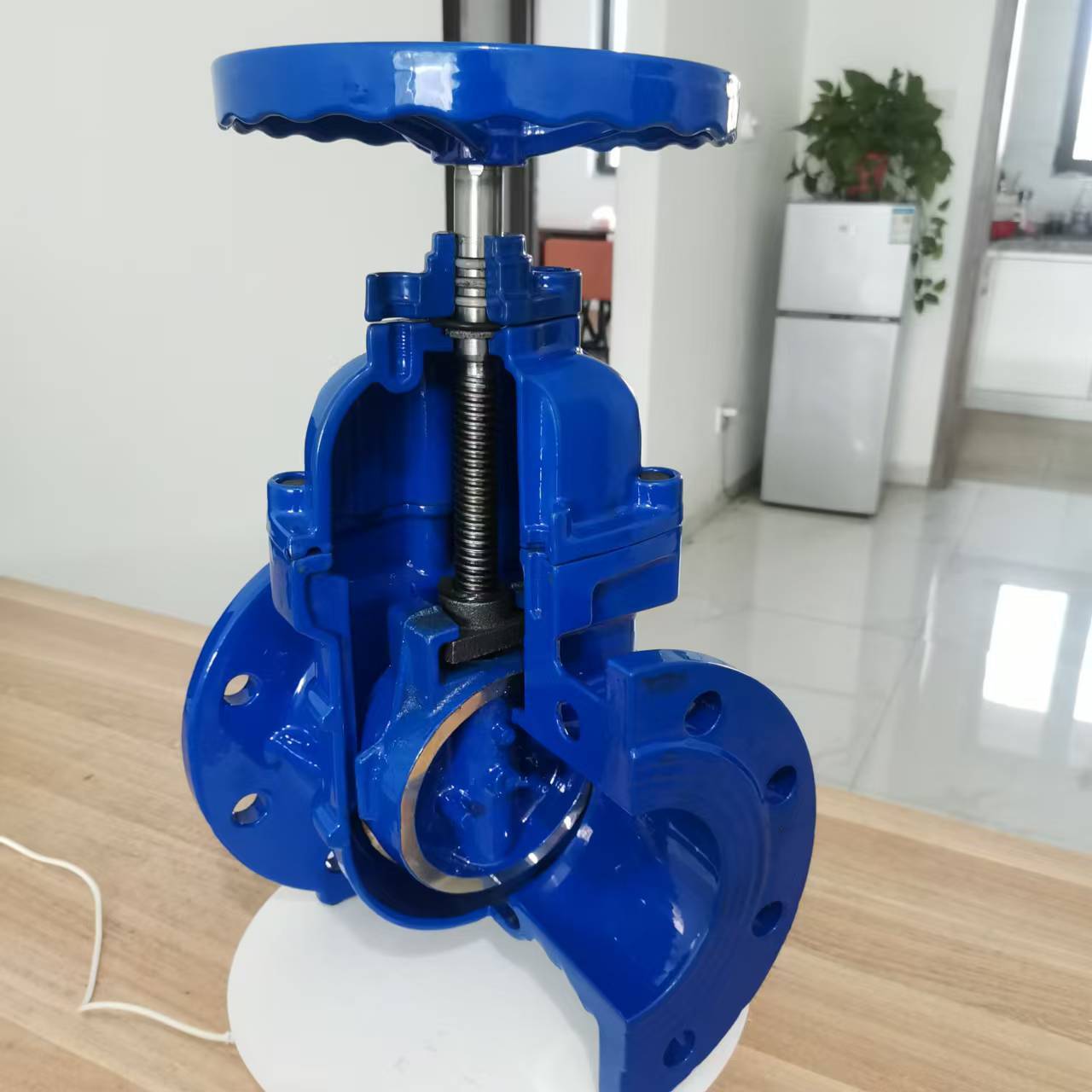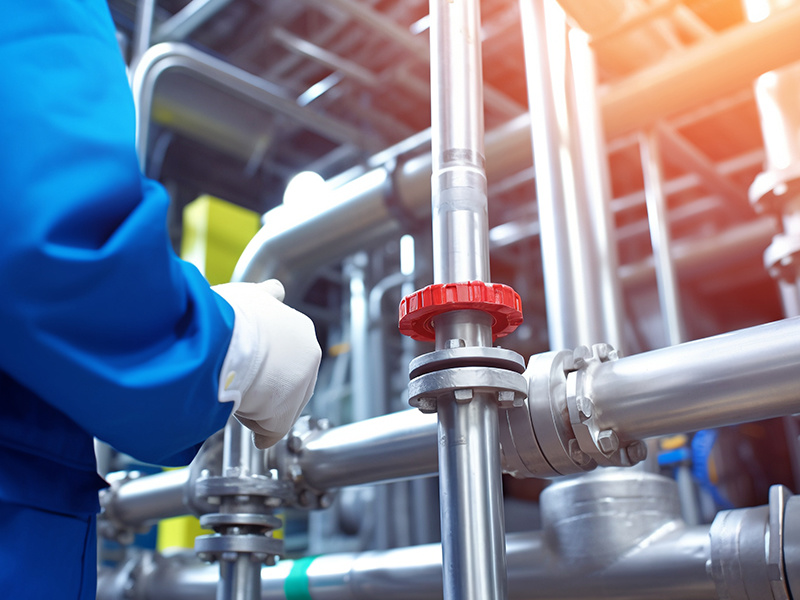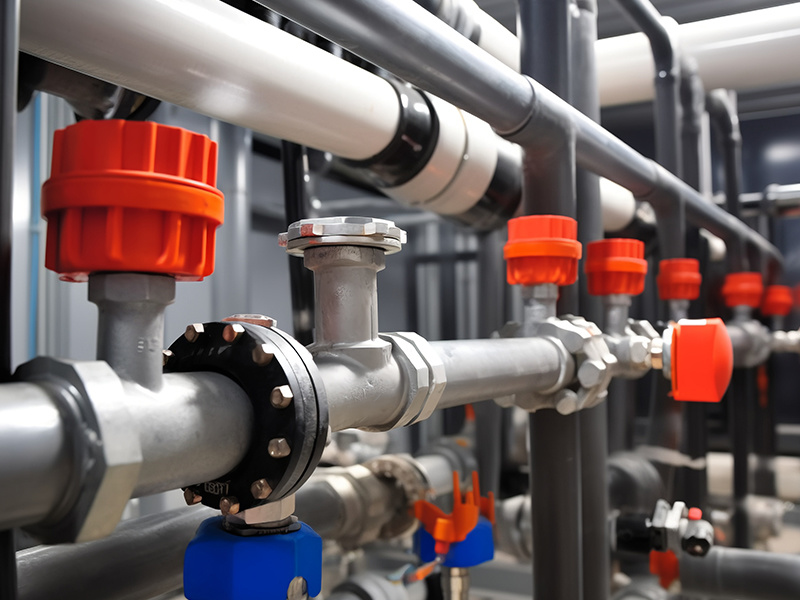Comparison of Corrosion Resistance between Soft Sealing and Aluminum Bronze Sealing Gate Valves
Release Time:
Jul 31,2025
Aluminum bronze may have a more comprehensive corrosion resistance, especially with stronger adaptability to various chemical media and high-temperature environments, but it still depends on the composition of the media. Users need to be aware of factors such as corrosive substances, concentration, and temperature in the usage environment, otherwise accurate recommendations cannot be provided. Finally, it should be summarized that aluminum bronze is more corrosion-resistant in most industrial environments, but special chemicals may require specific rubber materials for soft sealing. At the same time, users are reminded to consider other factors such as temperature, pressure, etc. to ensure the selection of the appropriate valve type.


The preferred scenario for aluminum bronze sealed gate valves is:
Seawater, saltwater, seawater cooling water, salt spray environment. (This is the absolute strength of aluminum bronze)
The working conditions that require wear resistance, erosion resistance, and cavitation resistance (including granular media and high-speed fluids).
High temperature (exceeding the applicable temperature of rubber) and not particularly corrosive environment.
When the work environment involves oil and hydrocarbon solvents, and the selection of soft sealing materials is difficult or the cost is too high (FKM soft seals are also oil resistant, but aluminum bronze is more wear-resistant and temperature resistant).
In situations with high pressure difference and frequent opening and closing.
The preferred scenario for soft seal gate valves is:
The medium contains highly corrosive chemicals, and specific soft sealing materials (especially FKM/Viton or PTFE) have been proven to have excellent resistance to them. For example:
Concentrated sulfuric acid (pay attention to concentration and temperature limitations, FKM/PTFE is superior to aluminum bronze).
Multiple organic solvents (FKM/PTFE has better broad-spectrum properties).
Strong alkali (especially high-temperature alkali, specific FKM or PTFE may be superior to aluminum bronze).
Applications that require "zero leakage" or extremely high sealing levels.
The medium is very clean and free of abrasive particles.
The temperature is within the allowable range of the soft sealing material.
Core conclusion:
For the most severe broad-spectrum chemical corrosion (strong acid, strong alkali, strong solvent), the correctly selected soft sealing materials (especially FKM/Viton or PTFE) usually exhibit a wider range of resistance than aluminum bronze.
Aluminum bronze has unparalleled advantages and is the preferred material for corrosive environments such as seawater and saltwater.
Aluminum bronze is significantly superior to soft seals in terms of wear resistance, erosion resistance, high temperature resistance, and gas corrosion resistance.
In terms of sealing performance, soft seals are usually superior to metal seals.





